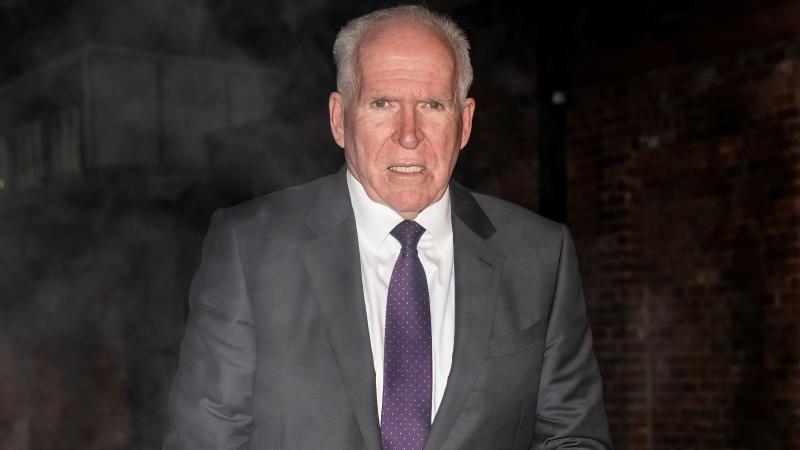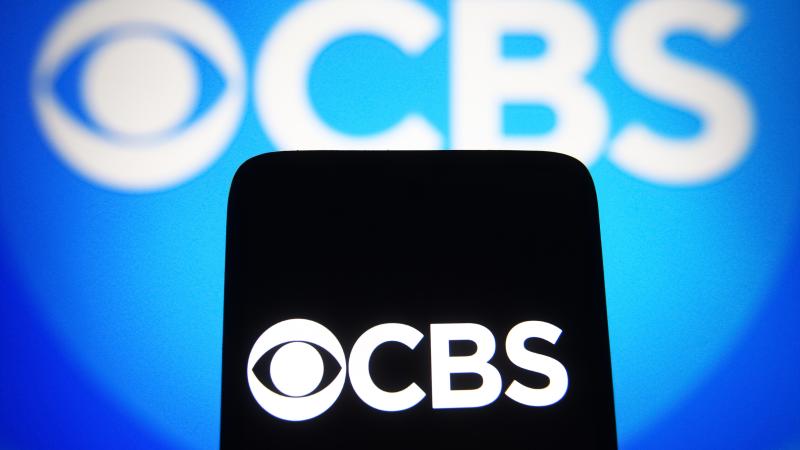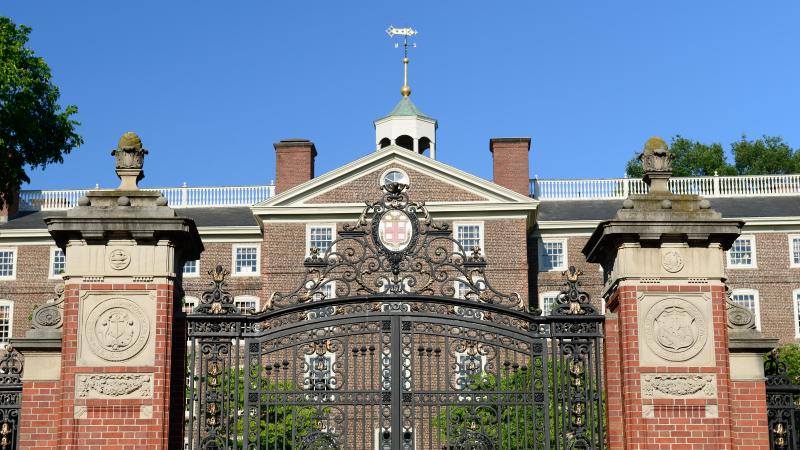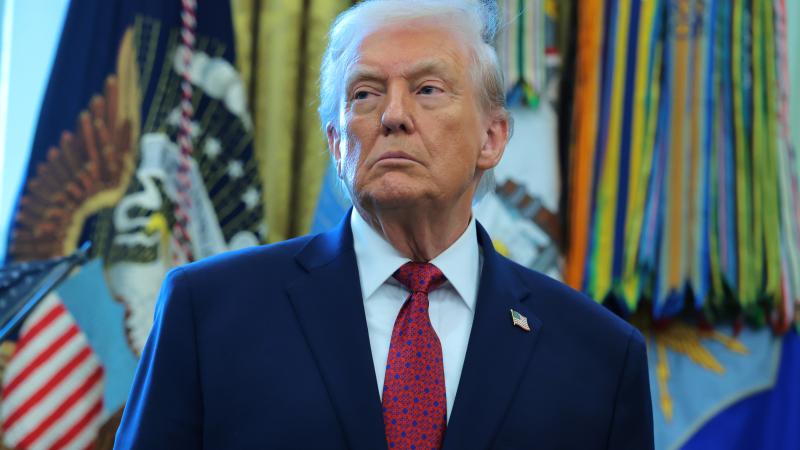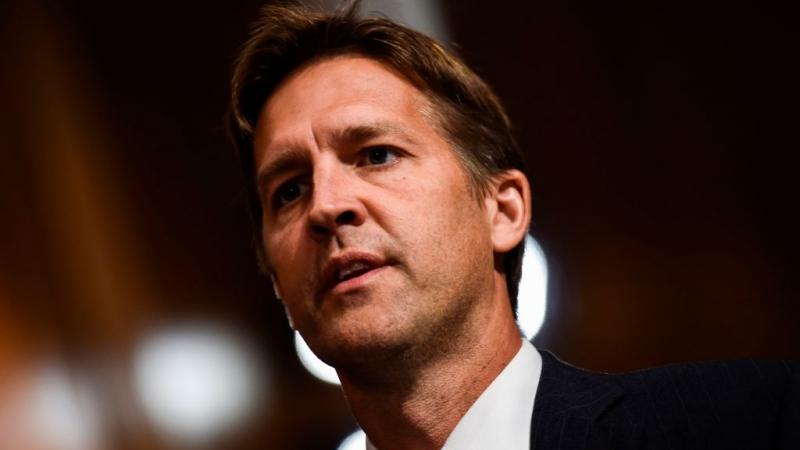SCOTUS nominations as a voting issue
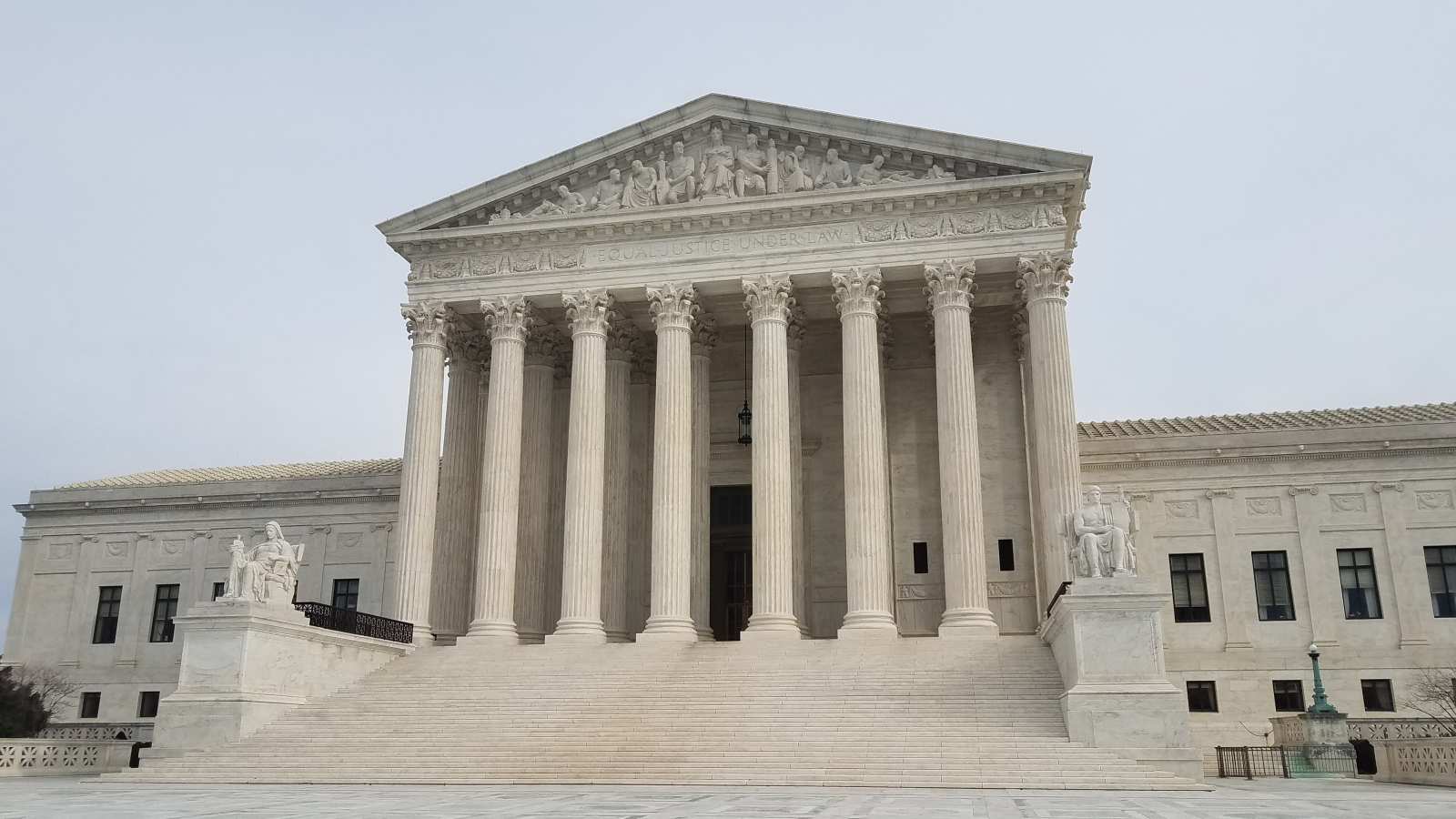
Many Americans aren't seeing Supreme Court nominations as a "very important" voting issue.
Scott Rasmussen 0:00
Good morning, Scott Rasmussen here. Welcome to my podcast. Scott Rasmussen's Number of the Day. One of the biggest powers a president has is to appoint supreme court justices, you know, and these justices usually serve way after the president who appointed them has left office. So, as part of their legacy. And yet today's Number of the Day shows us that voters don't necessarily think that's, you know, top of the list in terms of things they should be looking for when they vote for president.
The Number of the Day today is 47. 47% of voters, just under half, say that the issue of Supreme Court nominations is very important in terms of how they'll cast their vote for president. So, just under half of all voters say 'yeah, this is a really big issue.' I think it's important to recognize that the Supreme Court nomination process, that power of the president is one of the key reasons that Donald Trump is President today. And, so, I'm going to look in the B-block at, you know, what has changed and who's concerned about the Supreme Court? Who thinks it's important? Who doesn't? And really, how does it rate in that mix of issues? While you're waiting to come back for the B-block? You know, take a moment, share this podcast with your friends, and be sure to sign up to subscribe for Scott Rasmussen's Number of the Day.
Welcome back to Scott Rasmussen's Number of the Day. I'm Scott, and today's number: 47. 47% of voters nationwide say that in terms of how they'll cast their presidential vote, the Supreme Court nominations are very important. Now, how does that rank well, actually, we asked about six different issues. And in terms of importance, Supreme Court nominees or nominations, ranked sixth out of six. Number one in the list, not really a big surprise: healthcare. And closely behind: the economy. And those two issues are almost always up there. Next on the list, and again, with far more interest than we're finding for the importance of Supreme Court nominations, were the issues of civil rights or law and order. And then, immigration. Big, big issue in 2016 and the Supreme Court just weighed in on the DACA ruling one big part of it. 53% of voters say, yeah, immigration is very important in terms of how they'll vote. So, the Supreme Court nomination battle is something that is, you know, really important, but it's not something voters are focusing on as much as some more immediate issues.
I think this is really important because in 2016, candidate Donald Trump latched on to the Supreme Court nomination process because a lot of Republicans, a lot of evangelical Christian voters, were concerned about what would happen to the Supreme Court if Hillary Clinton became president. Many evangelicals and evangelical leaders were concerned that if Hillary Clinton was elected president that she would nominate Supreme Court Justices who would take away religious liberty. You know, one of the founding items in the Bill of Rights and one of the rights that was actually developed here in the United States or in the colonies a long, long time ago. So, this was a concern and a lot of Republicans, a lot of evangelicals, ended up casting their ballot for Donald Trump, because I think in their mind, they were confident Hillary Clinton would nominate a Supreme Court Justice that they didn't like. With candidate Donald Trump, he said he was going to nominate someone they'd like so they thought it was at least a, you know, a 50/50 shot it might work out. Well, today, that issue is not nearly so one-sided.
When we ask about how important, you know, an issue is, we're not finding a big difference between Republicans and Democrats. 58% of- or, excuse me, 56% of Democrats say it's a very important issue. 48% of Republicans. 35% of people not affiliated with either party. And that last number, the fact that the unaffiliated aren't as focused on it, that kind of gives us a hint that this is a partisan issue. This is, you know, for people on the right, they say it's about religious liberty and other fundamental freedoms. For people on the left, that's a lot of times about abortion or other particular issues. But it is significant. The Democrats, even though it's only by a modest margin, rank this issue more important, are more likely to rank this issue as important than Republicans have. That should be a warning sign to President Trump. This issue is probably not going to have the same sort of play that it did four years ago. And in fact, it reminds us that, you know, while the partisans can look at the math and say it's a 5-4 Supreme Court, narrowly divided, most voters are saying, you know, Chief Justice Roberts isn't always on one side. The Supreme Court still has higher approval ratings, higher- is held in higher esteem than any other branch of the government. It's one of the few branches of the government that people don't think has too much power. And you know, that's really saying something giving how, given how much power the Court actually has in these days.
The other thing, though, that we're looking at, when we talk about this: these other issues are more practical, more day-to-day. It's not a question of we're playing for the Court for the long haul. It's not about you know, will Mitch McConnell be in charge of the process, or will Democrats gain control of the Senate. They're looking at more bread and butter issues: the economy, health care, and in today's world, the issue of civil rights, really big and a question of whether it shifts over into law and order. What you find is in a presidential election year, it is the issues that we talk about that define the outcome as much as how people feel about a particular issue. You know, Democrats and Republicans may have different views on how to solve healthcare or what's good for the economy. But, if the issue is the economy, well, that becomes a defining point. And right now, at this point in election, 2020, even with all the importance of the Supreme Court nomination process, it's just not that big a priority for most voters. However, it's a little bit more important to Democrats than the Republicans and that's a reversal from four years ago. If Democrats get really animated about the Supreme Court, if that becomes a defining issue for their party, that actually could be something that helps generate turnout among significant portions of the Democratic coalition. I'm going to be back with some thoughts in the C block about where this might lead. And I'll be back right after this.
Welcome back to Scott Rasmussen's Number of the Day. I'm Scott, and the number is 47. 47% of voters nationwide say that the issue of Supreme Court nominations is very important in terms of how they will vote. You know, it's not as high as many other issues. It's sixth out of the six issues we asked about. It's an issue that played a big role in 2016. But again, for most voters and especially for unaffiliated voters, there are other things that matter more, and the power of a president to appoint a Supreme Court nominee may be the most powerful tool he has in his arsenal to influence the nation's history. And the power that the Supreme Court has to interpret the Constitution and the reverence with which it's held when it makes difficult rulings or, you know, vital features of our country as it exists today. Whether you agree or disagree with how much power the Court has, it is a central feature of our system.
But despite all that, voters are saying we want to know what's going to happen when the economy, we want to know what's gonna happen with healthcare. We want to know what's going to happen with civil rights. We're concerned about law and order issues. And the Supreme Court, well, that's something that political-types can argue about. You may or may not agree with that, but that is the shape of things today and it's why the Supreme Court is the supreme court issue is not likely to be as helpful to President Trump and his reelection bid as it was four years ago. On Monday, I'm going to be talking about what the public thinks, what the voting public thinks about the Supreme Court, its ideological balance and its overall approval ratings and talk a little bit more about the impact it might have on election 2020. For now, I'm Scott Rasmussen. I hope you enjoy my Number of the Day. You can read about it at Ballotpedia, Ballotpedia.org publishes the Number of the Day every single morning and you can go there and find links and references to the data that I'm talking about. You can also find my polling work at JusttheNews.com, released every day about 2pm ET. Take a moment, subscribe to Scott Rasmussen's Number of the Day and I'll be back on Monday, talking more about the Supreme Court and election 2020.

